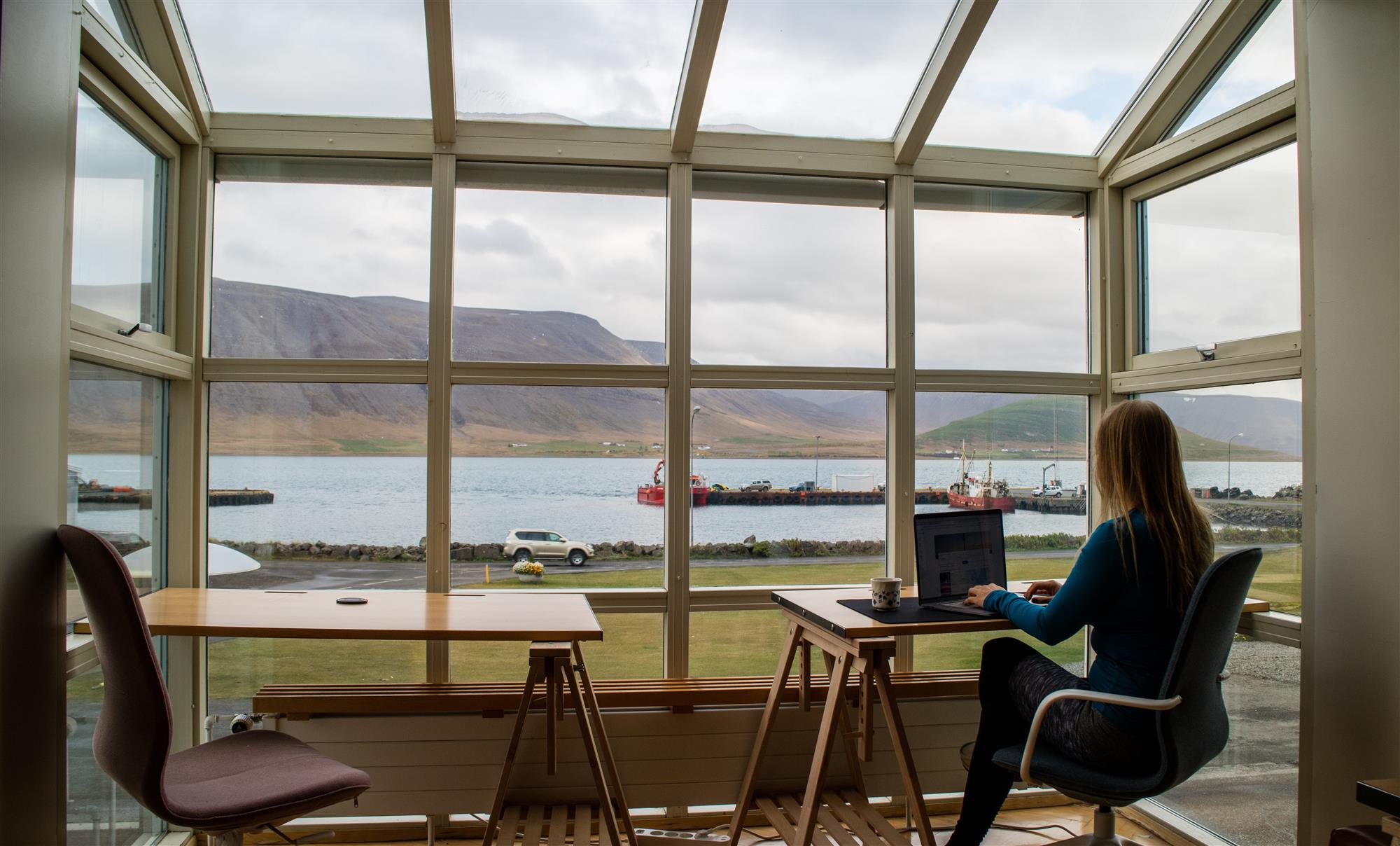Workcations and Staycations have always existed, but the pandemic elevated them to new heights. As working remotely became a norm, people started combining work and vacations by taking extended stays at scenic locations or short breaks near home, within the same city, or at drive-able destinations to beat the work-from-home fatigue, resulting in new customer groups for the industry. For instance, as per a recent poll in the US, 67% of those surveyed took a workcation in 2021 and 94% intend to do so in 2022. India has also witnessed a similar trend. As per a recent consumer survey, 48% of Indians who participated worked from home during 2021, with 85% of these taking a workcation at a scenic location. Almost 27% of the people surveyed took a month-long workcation. Most hotel chains and even alternative accommodation players quickly recognized the opportunity and developed special packages for remote workers, ranging from short-term solutions such as day office rates to longer stay workcation options.
Providing co-working spaces at hotels is another opportunity that has emerged due to the growing acceptance of remote working. An increasing number of professionals are now looking for a quiet, comfortable, and dedicated ‘office’ space near their homes. Hotels already have all the required facilities and infrastructure needed by professionals to conduct their businesses and so, hotel premises can be easily converted into co-working spaces. Several global hotel companies have entered this segment by converting hotel rooms, especially those in business districts, into private offices, offering daily, weekly, and monthly packages to guests. Meanwhile, some hoteliers have tied up with co-working companies to convert specific floors, meeting rooms, or banqueting areas into co-working spaces.

However, with most companies across industries now getting back to a hybrid or full work-from-office model, will these concepts continue to grow?
There’s no doubt that remote work will be a crucial element for at least some industries going forward. A study by Upwork, for instance, has estimated that 22% of the American workforce will work remotely by 2025. A Harvard Business School study has suggested that 16% of workers are likely to stay remote well after the pandemic subsides. Even in India, several multinational companies are now adopting a hybrid work model not only to save costs, but to empower employees by providing them flexibility, saving commute time, and improving their work-life balance. The IT major TCS, for example, has announced that by 2025, only 25% of its employees will work from the office at a given time. These initiatives coupled with the inherent desire to travel, which is now stronger than ever before, increase the likelihood of a work-life-travel blend and will help these niche concepts in riding the popularity wave for the foreseeable future. People will be eager to travel to new, far-off destinations as the pandemic abates, and those with flexible work arrangements are likely to take workcations there, while those returning to full-time work-from-office mode would depend on staycations or short weekend getaways at places closer to their home to rejuvenate and recharge.
A few countries intend to capitalize on this shift in travel behavior because of the pro-remote working culture to revive their travel and tourism industries and are offering long-stay visas to attract digital nomads. For instance, Dubai has launched a ‘one-year virtual working program’ allowing eligible foreign nationals to reside in the city, with their families, while working for an overseas organization. Mauritius has also introduced a similar one-year Premium Travel Visa, while some destinations in the Caribbean islands are offering specific remote work visas and creating new business packages to cater to the growing remote working population. Similarly, in India, tourism boards of some states such as Kerala are also promoting long-stay packages to leverage this trend.
The growing popularity and acceptance of remote work have opened several new avenues for hotels, and it would be in the sector’s interest to continue to capitalize on the growth potential of these niche customer segments even when demand from traditional customer segments recovers completely, not only to generate additional business and diversify their revenue streams but also to differentiate themselves from their competitors.
Additional Contributor to this article: Kavya Jain, Intern at HVS ANAROCK